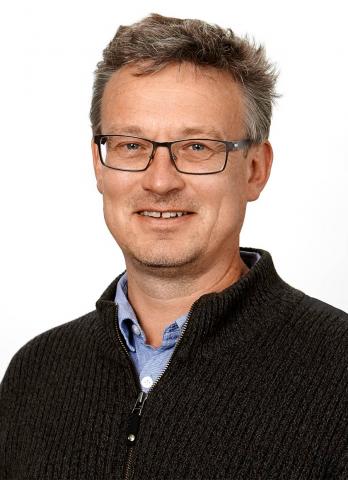My interests are in computational ecology. I develop mathematical and computational models for the interactions of organisms with their environment, including the impact our changing environment has on their lives. Most of my work is centred on the collective behaviour of social insects, such as bees and ants, in the hope that a deeper understanding of their behaviour will allow us to better protect them and the important ecosystem services they provide. Insect societies are entirely self-organised, without any central leader or master plan. How such decentralised “super-organisms" plan and coordinate their actions is still a largely open question. I work closely with experimental biologists to decipher the mechanisms behind this. We pursue multi-model approaches, where the behavioural complexity is initially captured in individual-based simulations and then distilled into (often analytically treatable) mathematical models of the core functionality. My work uses and extends a range of mathematical and computational techniques, including reaction-advection diffusion, stochastic event analysis, multi-agent systems, and evolutionary game theory to explain this. Some of this work has interesting implications for a branch of bio-mimetic engineering and algorithm design, popularly known as “Swarm Intelligence".
I am also working on ai-based methods and systems for monitoring animal activity as the basis for ecosystem monitoring and for automating laboratory experiments. This branch of my work involves deep learning techniques and other classification and recognition methods for both audio and video data.
For more info see my personal homepage.
